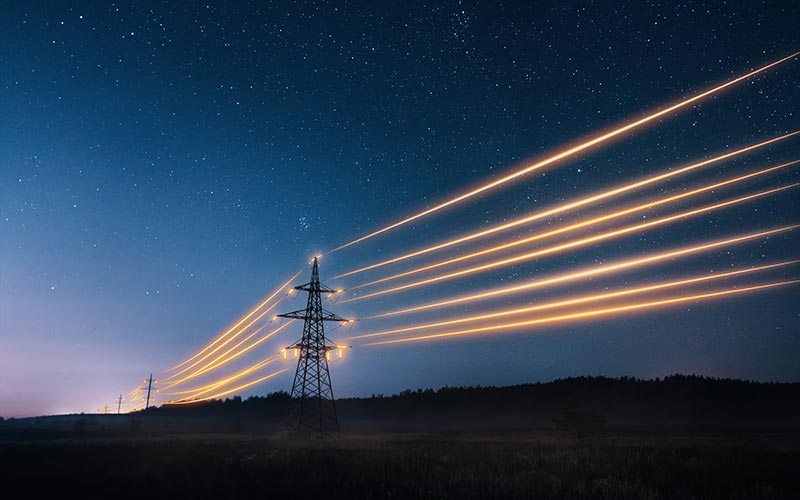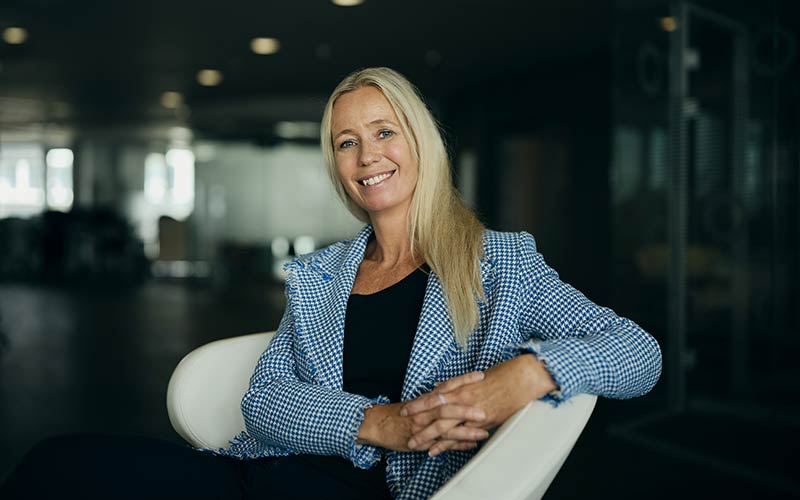
13. May 2024
The future-proof power grid cannot be built with the mere use of known technology. New solutions will also have to be developed. If electricity production is to be fossil-free, this requires many, and many different, renewable energy sources, and this places new and stricter demands on the balance between consumption and production. There is also a need for solutions that can accommodate and support the decentralised electricity production, so that energy can easily be generated and consumed locally, thus supporting local supply security.
Renewable energy sources, which are increasingly dependent on the weather, also require new solutions for control and storage. Finally, there is the coupling of the various sectors to the power grid, which generally has to take place without compromising critical infrastructure, reducing voltage quality, or reducing security of supply. So there is indeed a need for innovative thinking.
Standardization plays a significant role in this, as standards specify common requirements for e.g. the solutions as well as the integration between systems and the different producers. Some of the standards are known, but there is also a need for new standards. Consequently, Danish Standards has a strong focus on this crucial area and helps to facilitate the development so that this can be executed as soon as possible.
infrastructure that creates a sustainable framework for the green transition that not only meets current sector requirements, but which is also equipped for future challenges and needs.
You can read more about the future-proof power grid, where you will find an overview of relevant committees and standards within this area.
37 European stakeholders have joined forces for the first time to create a common foundation for greener aviation fuel – from production to fuelling – paving the way for more climate-friendly aviation across Europe.
A shared language on quantum technology is essential to harness its potential. The new specification provides a solid foundation that allows companies, researchers and decision-makers to collaborate more effectively on development, implementation,...
As the second organisation in Denmark, Danish Standards has obtained certification according to the equality and diversity standard, DS 5001. The standard provides a strong platform for ensuring equal opportunities for all.
Watch or rewatch the webinar to explore the status of the EU AI Act and the coming harmonised standards for artificial intelligence.





